
CCP Official Responsible for Toxic Milk Scandal Reappointed
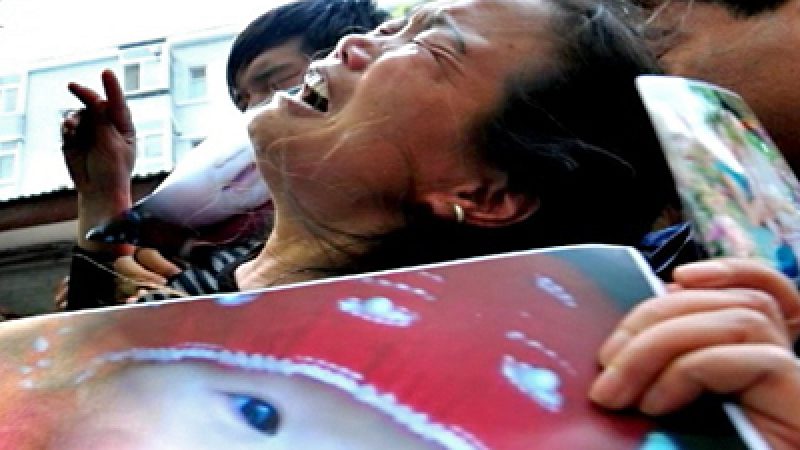
In September last year, Li Changjiang resigned as the head of China’s General Administration of Quality Supervision, Inspection and Quarantine. The agency was held responsible for the toxic milk scandal which killed six infants and caused at least 300,000 to become ill.
Now Li has been reappointed as the Vice-Director of the National Office Against Pornographic and Illegal Publications, according to state-run media.
News about Li’s reappointment has been hard to take for parents of the children who were poisoned by toxic-milk.
Jiang Ya-ling’s three-year-old daughter developed kidney stones from drinking the milk which was laced with melamine—a chemical for making plastic.
She told Radio Free Asia there is no justice in any of it.
[Jiang Ya-ling, Parent of Toxic Milk Victim]:
“A government official, who was hugely responsible for the toxic milk incident, did in fact not lose his job, and now he has been reappointed. I think this absolutely served as no punishment to them, and they will not learn from this either. What will happen next? No one knows.”
There’s also plenty of criticism about Li’s reappointment on the Internet.
One blogger writes, “Facing so many sickened children, Mr. Li, have you no shame to accept the reappointment?”
Li’s reappointment is in sharp contrast to the communist regime’s treatment of the victims of the toxic milk scandal. Last month, an advocate for the victims, Zhao Lianhai was arrested in Beijing. He’s now facing the charge of so called “provoking an incident,” which is punishable by up to five years in prison.
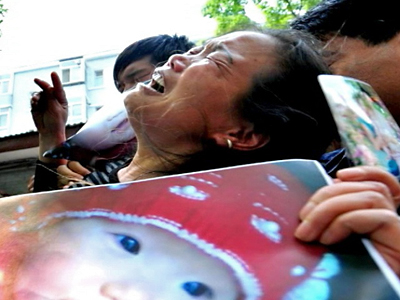 (NTDTV)
(NTDTV)


![[Live ab 11:25 Uhr] Scholz und Klingbeil sprechen auf SPD-Bundesparteitag](https://images-de.epochtimes.de/uploads/2025/01/Thumb-SPD-Bundesparteitag-v2-400x225.jpg)






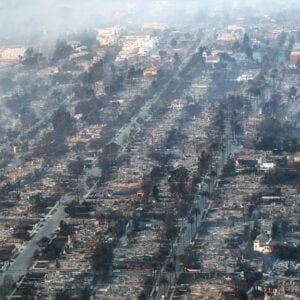






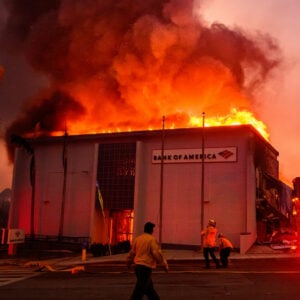




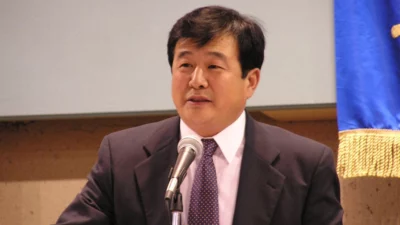





vielen Dank, dass Sie unseren Kommentar-Bereich nutzen.
Bitte verzichten Sie auf Unterstellungen, Schimpfworte, aggressive Formulierungen und Werbe-Links. Solche Kommentare werden wir nicht veröffentlichen. Dies umfasst ebenso abschweifende Kommentare, die keinen konkreten Bezug zum jeweiligen Artikel haben. Viele Kommentare waren bisher schon anregend und auf die Themen bezogen. Wir bitten Sie um eine Qualität, die den Artikeln entspricht, so haben wir alle etwas davon.
Da wir die Verantwortung für jeden veröffentlichten Kommentar tragen, geben wir Kommentare erst nach einer Prüfung frei. Je nach Aufkommen kann es deswegen zu zeitlichen Verzögerungen kommen.
Ihre Epoch Times - Redaktion